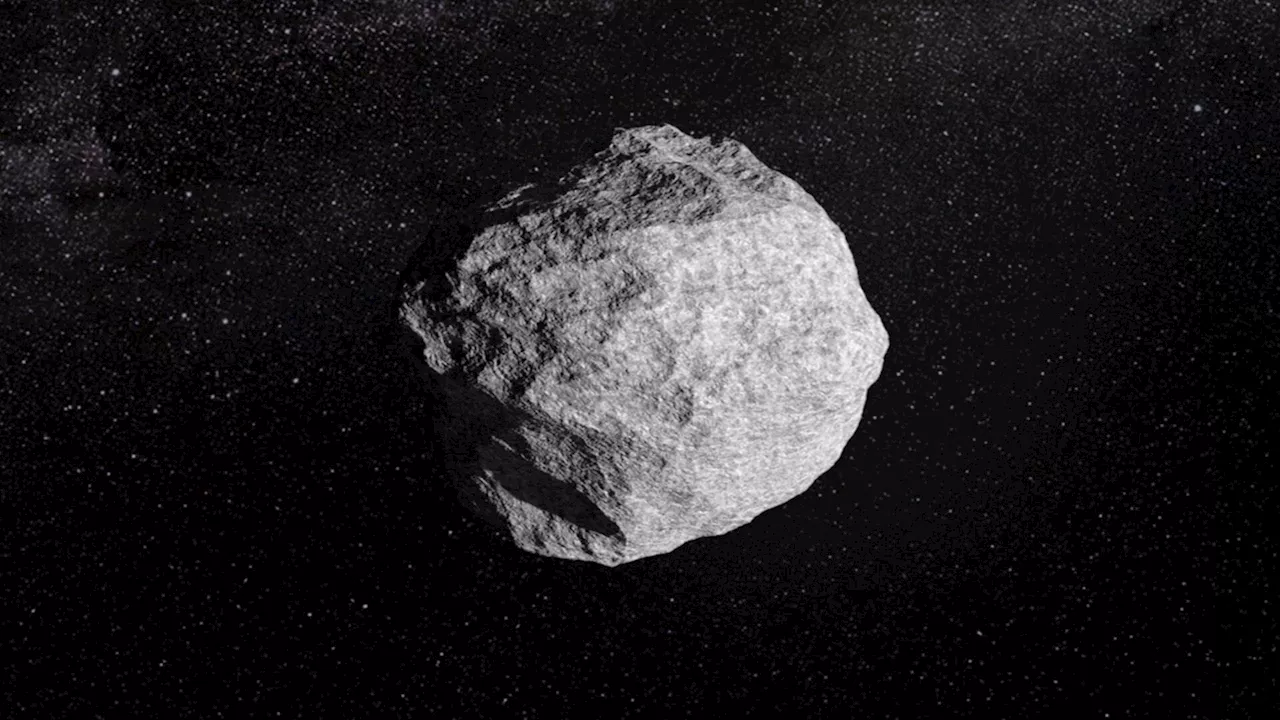While the odds of a sizable asteroid striking Earth are small, astronomers have discovered an asteroid, 2024 YR4, with a better than 1% chance of impacting our planet. This discovery has prompted the International Asteroid Warning Network (IAWN) to begin tracking the asteroid's orbit and the Space Mission Planning Advisory Group (SMPAG) to explore potential mitigation missions.
The odds of a sizable asteroid striking Earth are small, but they're never zero. Large asteroids have struck Earth in the past, causing regional devastation. One particularly large asteroid strike likely contributed to the extinction of the dinosaurs. So we shouldn't be too surprised that astronomers have discovered an asteroid with a better than 1% chance of striking our world.
Those odds are large enough we should keep an eye on them, but not large enough that we should start packing bags and fleeing to the hills. The rock, named 2024 YR4, is somewhere between 40 – 100 meters wide, which would make it a “city killer” asteroid. If it does strike Earth, it wouldn't decimate human civilization and cause mass extinctions, but it could destroy a heavily populated area if it struck a city, or trigger a tsunami if it struck the ocean. It would pack a punch similar to the ones seen in the Chicxulub impact that wiped out the dinosaurs. So what is the overall risk of 2024 YR4? The scale most commonly used for asteroid impact risks is known as the Torino Scale. It combines the overall size and relative speed of an object with its odds of impact to assign a number ranging from 0 to 10, where 0 means there is no risk of impact and 10 means it’s time to call Bruce Willis to save us all from extinction. That said, the highest number any asteroid has had on the scale is 4. This was for the asteroid Apophis soon after its discovery, which has now been downgraded to 0. Currently, 2024 YR4 has a 3 on the scale, which means it “merits attention by astronomers.” It is currently the only object with a number other than 0 on the Torino Scale, and it means a couple of things come into play. The first is that the International Asteroid Warning Network (IAWN) will work to pin down the orbit of the asteroid. Chaired by NASA, the IAWN coordinates with observatories around the world to make detailed observations of 2024 YR4. It will take time to gather enough data. But what will likely happen is that they will determine there is no risk of collision, and 2024 YR4 will be demoted to 0 on the scale. The second thing initiated is the Space Mission Planning Advisory Group (SMPAG), chaired by the European Space Agency. They have a scheduled meeting next week when there will be some initial discussions about a possible mission to 2024 YR4 to shift its orbit. If we do find there is a real risk of impact, this group would ramp up quickly. But again, this isn’t likely. Statistically, asteroids the size of 2024 YR4 strike Earth every couple thousand years or so. This is why astronomers track these objects and are constantly looking for more. So even though the odds of an impact are never zero, with planning and preparation we should be able to ensure that any real risk can be mitigated
ASTEROID SPACE IMPACT RISK TORINO SCALE INTERNATIONAL ASTEROID WARNING NETWORK SPACE MISSION PLANNING ADVISORY GROUP
United States Latest News, United States Headlines
Similar News:You can also read news stories similar to this one that we have collected from other news sources.
 Astronomers discover 196-foot asteroid with 1-in-83 chance of hitting Earth in 2032Robert Lea is a science journalist in the U.K. whose articles have been published in Physics World, New Scientist, Astronomy Magazine, All About Space, Newsweek and ZME Science. He also writes about science communication for Elsevier and the European Journal of Physics. Rob holds a bachelor of science degree in physics and astronomy from the U.K.
Astronomers discover 196-foot asteroid with 1-in-83 chance of hitting Earth in 2032Robert Lea is a science journalist in the U.K. whose articles have been published in Physics World, New Scientist, Astronomy Magazine, All About Space, Newsweek and ZME Science. He also writes about science communication for Elsevier and the European Journal of Physics. Rob holds a bachelor of science degree in physics and astronomy from the U.K.
Read more »
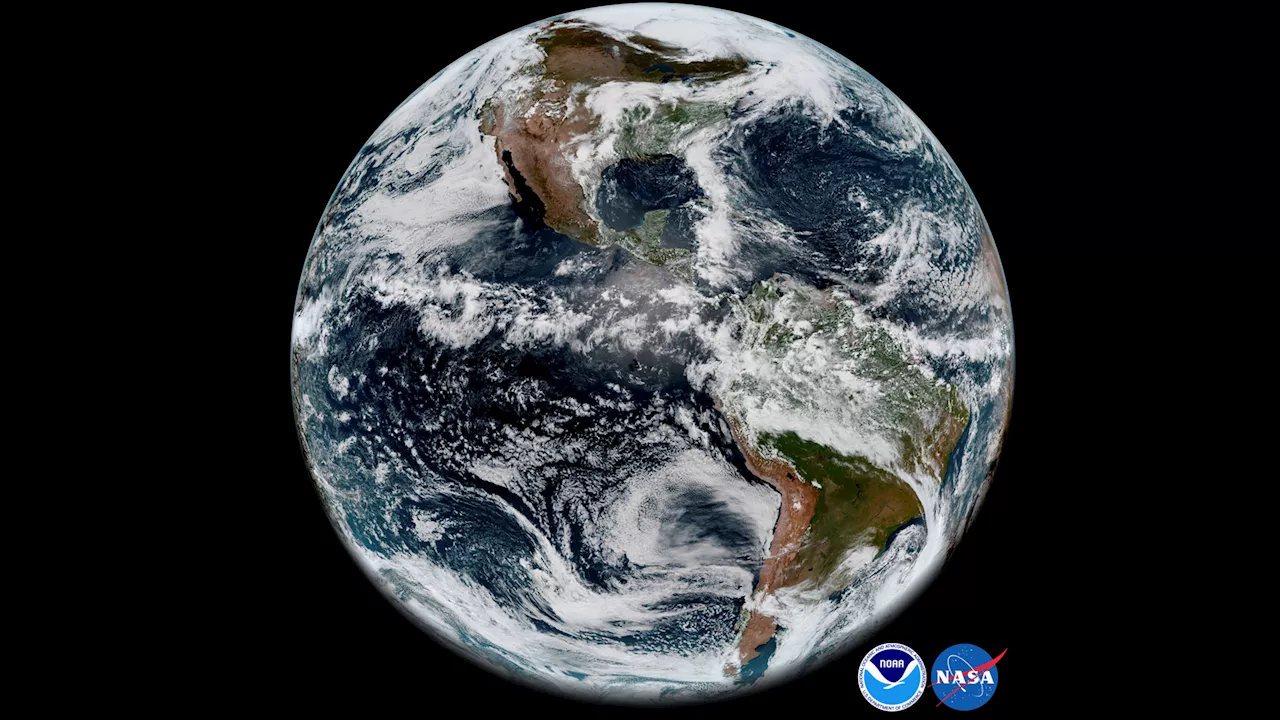 Astronomers discover asteroid with a tiny chance of hitting Earth in 2032A newly discovered asteroid has a tiny chance of smacking Earth in 2032, space agency officials said Wednesday.
Astronomers discover asteroid with a tiny chance of hitting Earth in 2032A newly discovered asteroid has a tiny chance of smacking Earth in 2032, space agency officials said Wednesday.
Read more »
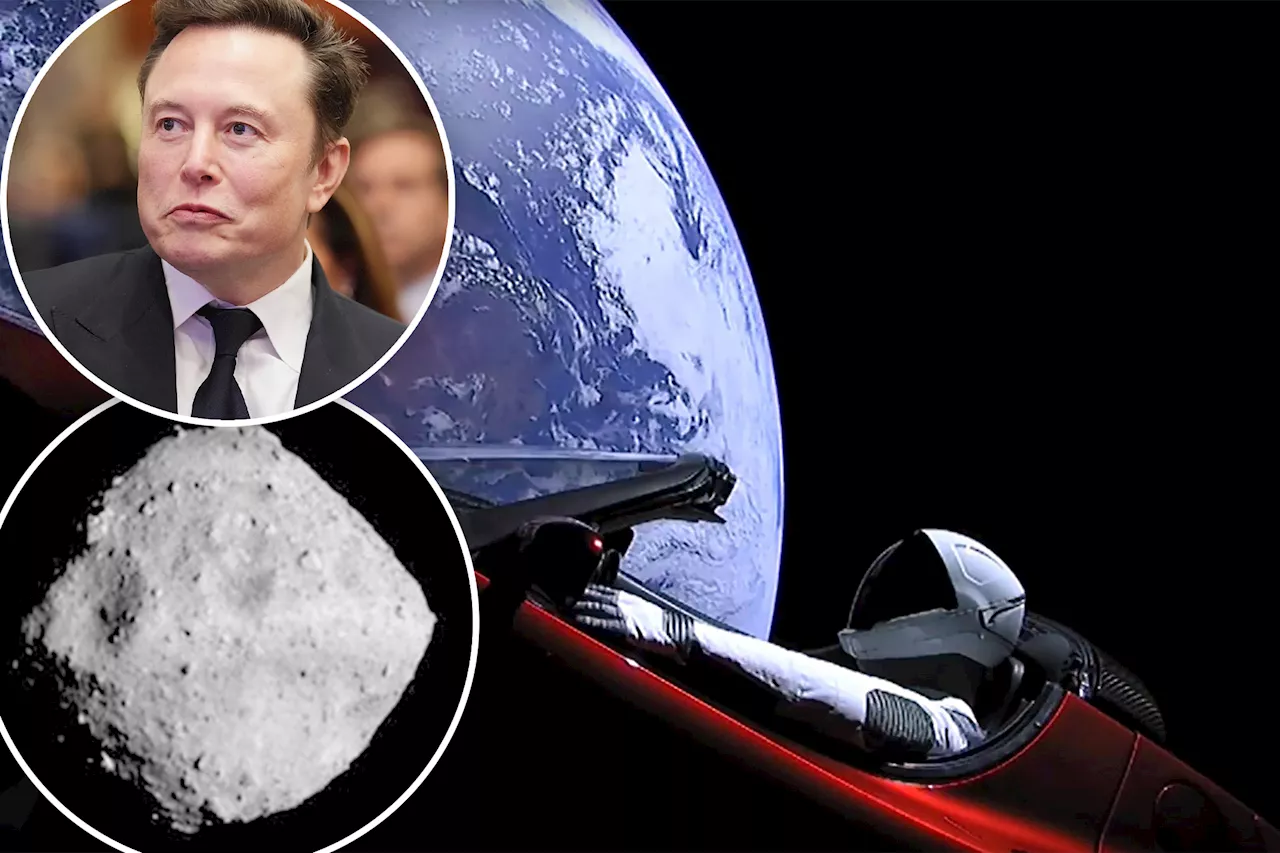 Astronomers Mistakenly Identify Elon Musk's Tesla Roadster as a Potentially Hazardous AsteroidHarvard University-affiliated astronomers initially identified a space object as a new asteroid, raising concerns about a potential Earth impact. However, the discovery was retracted 17 hours later after it was realized that the object was actually Elon Musk's Tesla Roadster, launched into space by SpaceX in 2018.
Astronomers Mistakenly Identify Elon Musk's Tesla Roadster as a Potentially Hazardous AsteroidHarvard University-affiliated astronomers initially identified a space object as a new asteroid, raising concerns about a potential Earth impact. However, the discovery was retracted 17 hours later after it was realized that the object was actually Elon Musk's Tesla Roadster, launched into space by SpaceX in 2018.
Read more »
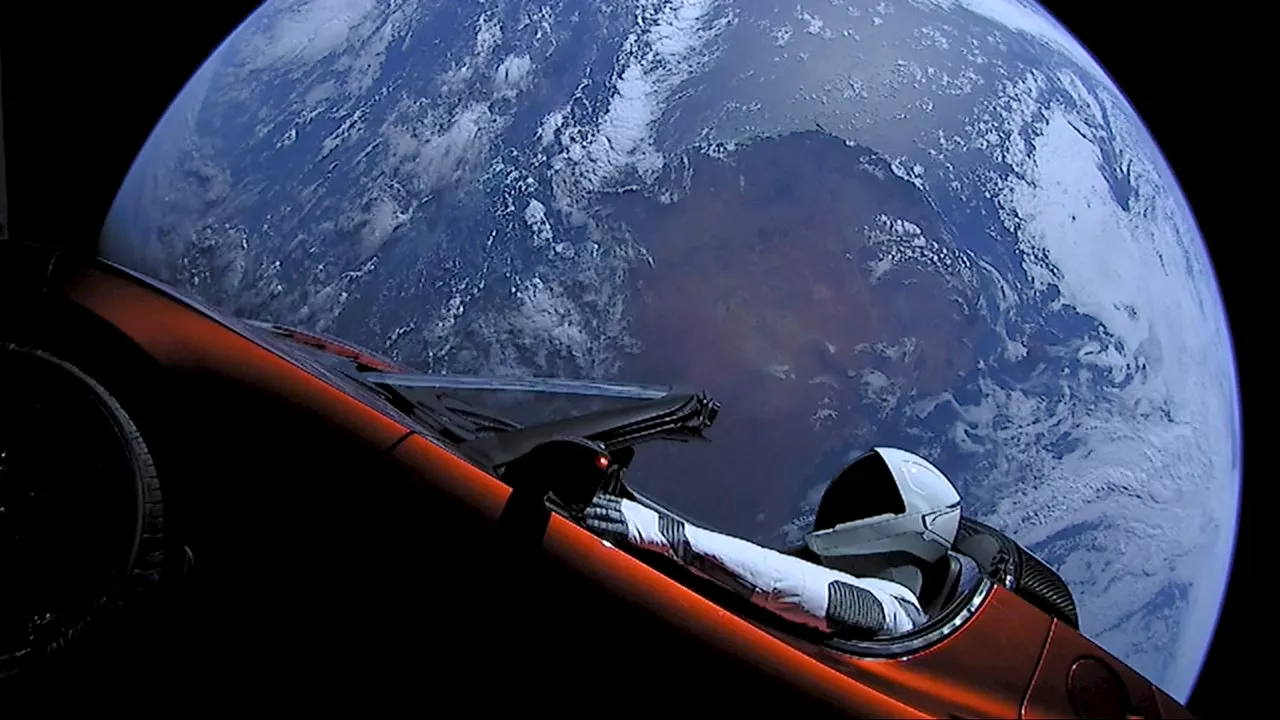 SpaceX Roadster Mistaken for Asteroid by AstronomersSeven years after Elon Musk launched a Tesla Roadster into orbit, astronomers from the Minor Planet Center at the Harvard-Smithsonian Center for Astrophysics accidentally identified it as an asteroid. The roadster, launched in February 2018 as part of the maiden flight of SpaceX's Falcon Heavy rocket, was initially registered as 2018 CN41 but was later deleted after its true identity was revealed.
SpaceX Roadster Mistaken for Asteroid by AstronomersSeven years after Elon Musk launched a Tesla Roadster into orbit, astronomers from the Minor Planet Center at the Harvard-Smithsonian Center for Astrophysics accidentally identified it as an asteroid. The roadster, launched in February 2018 as part of the maiden flight of SpaceX's Falcon Heavy rocket, was initially registered as 2018 CN41 but was later deleted after its true identity was revealed.
Read more »
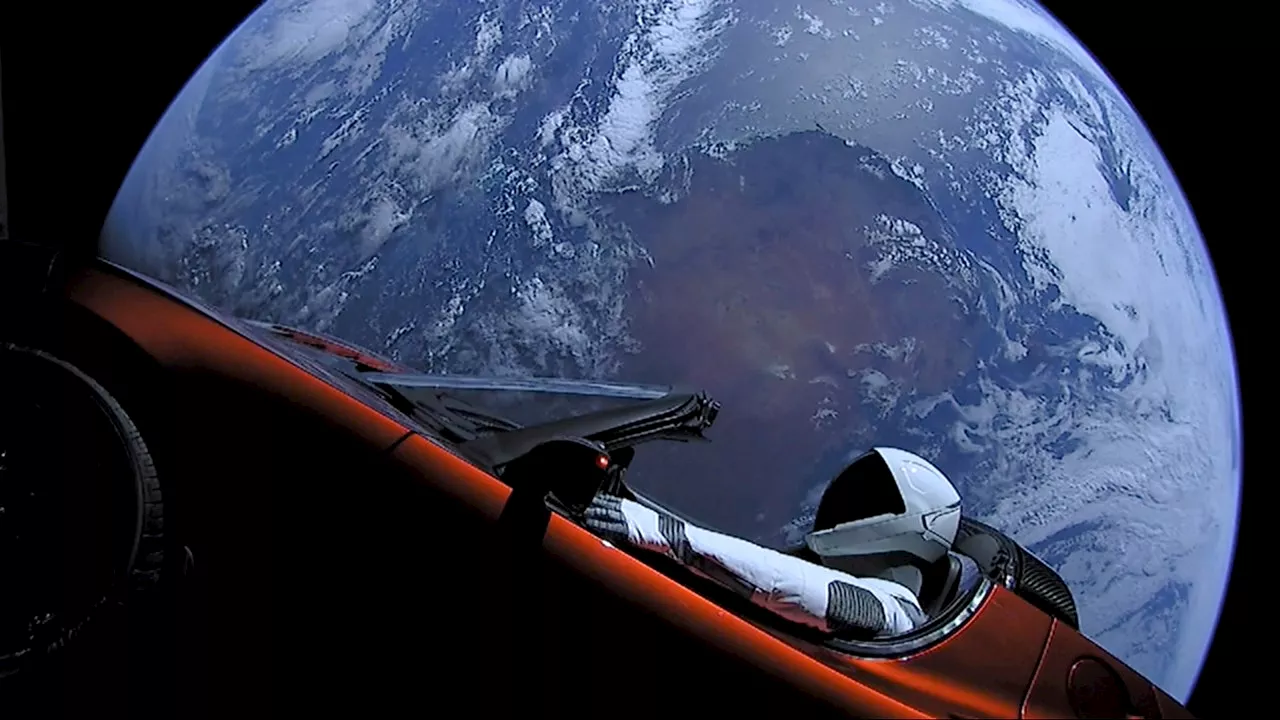 Astronomers Mistakenly Identify Elon Musk's Roadster as AsteroidAstronomers at the Minor Planet Center in Massachusetts mistakenly identified Elon Musk's SpaceX Tesla Roadster as an asteroid, highlighting the challenges of tracking unidentified objects in space.
Astronomers Mistakenly Identify Elon Musk's Roadster as AsteroidAstronomers at the Minor Planet Center in Massachusetts mistakenly identified Elon Musk's SpaceX Tesla Roadster as an asteroid, highlighting the challenges of tracking unidentified objects in space.
Read more »
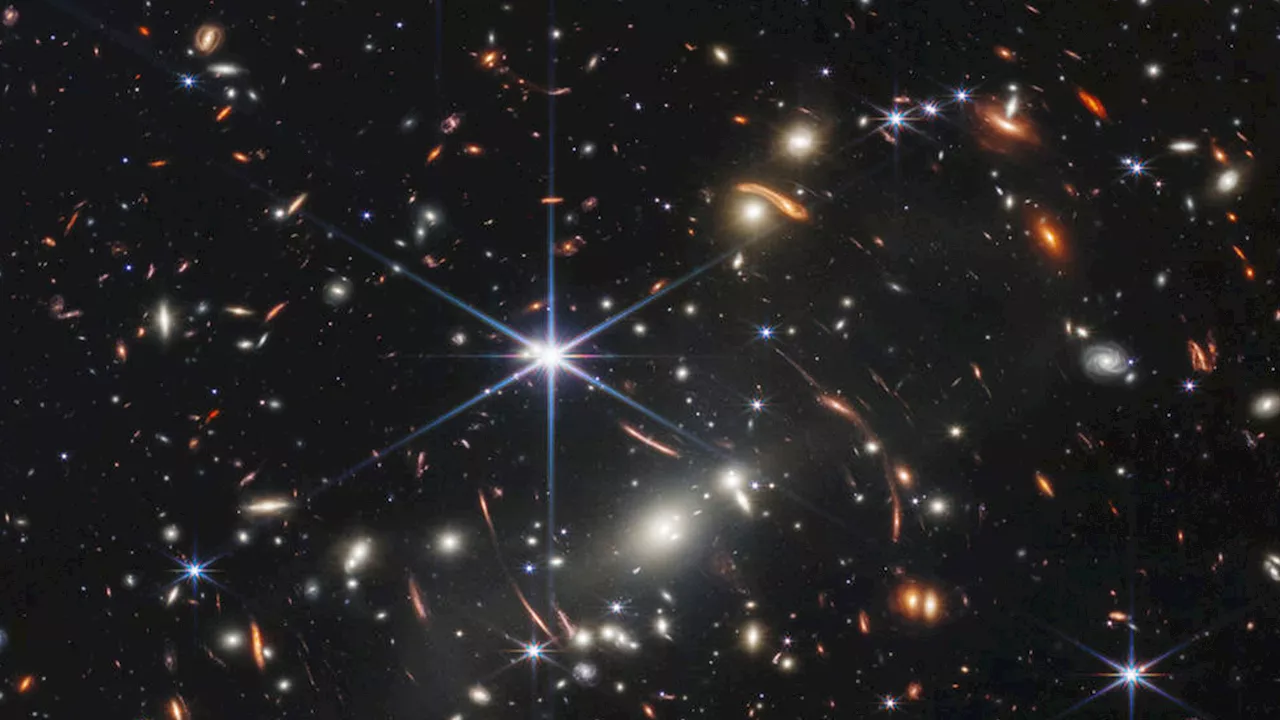 Astronomers discover repeating radio bursts from distant 'dead' galaxyAstronomers have detected fast-repeating radio bursts from a distant 'dead' galaxy that should not contain the energy to produce these types of signals.
Astronomers discover repeating radio bursts from distant 'dead' galaxyAstronomers have detected fast-repeating radio bursts from a distant 'dead' galaxy that should not contain the energy to produce these types of signals.
Read more »
